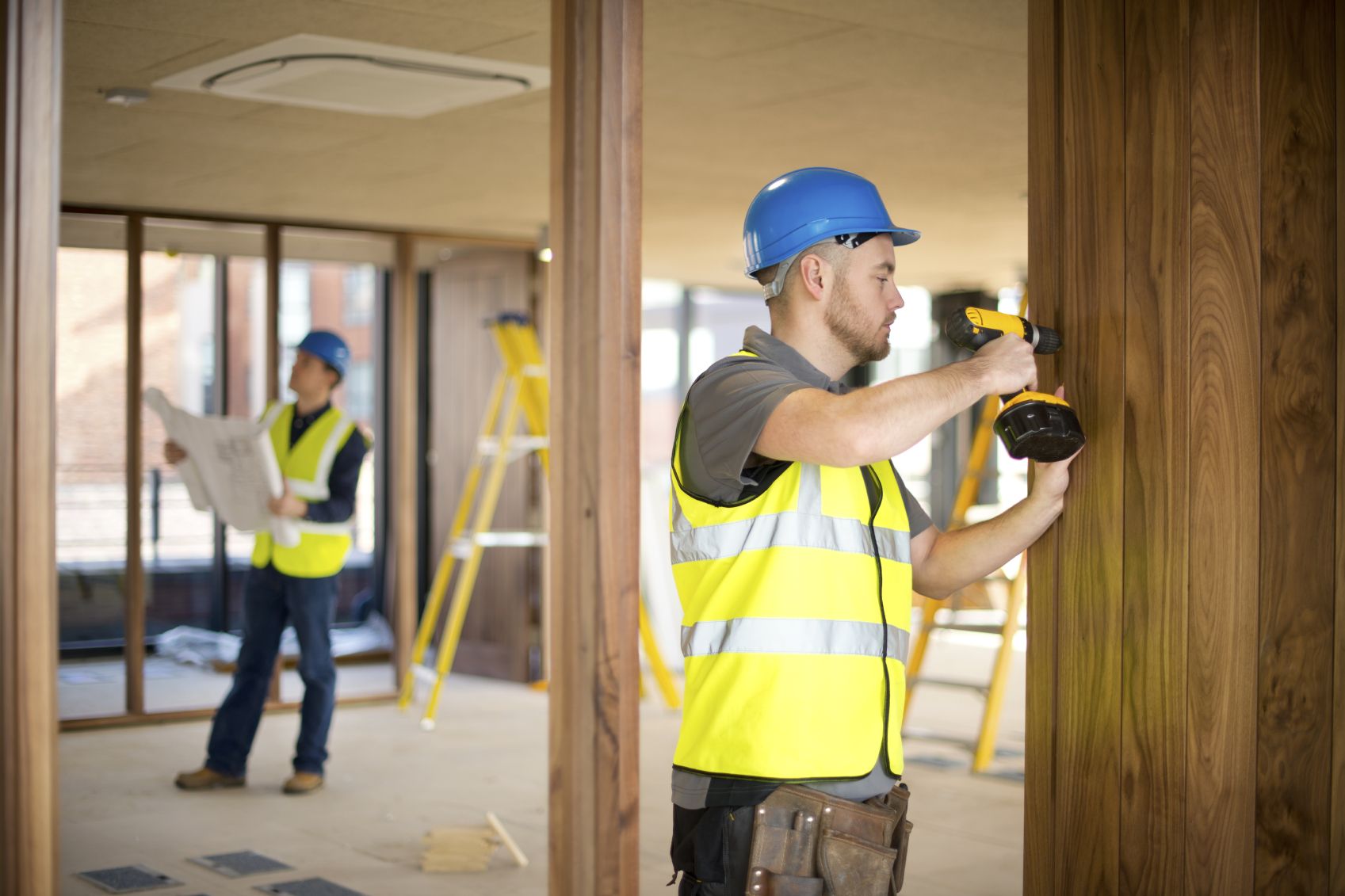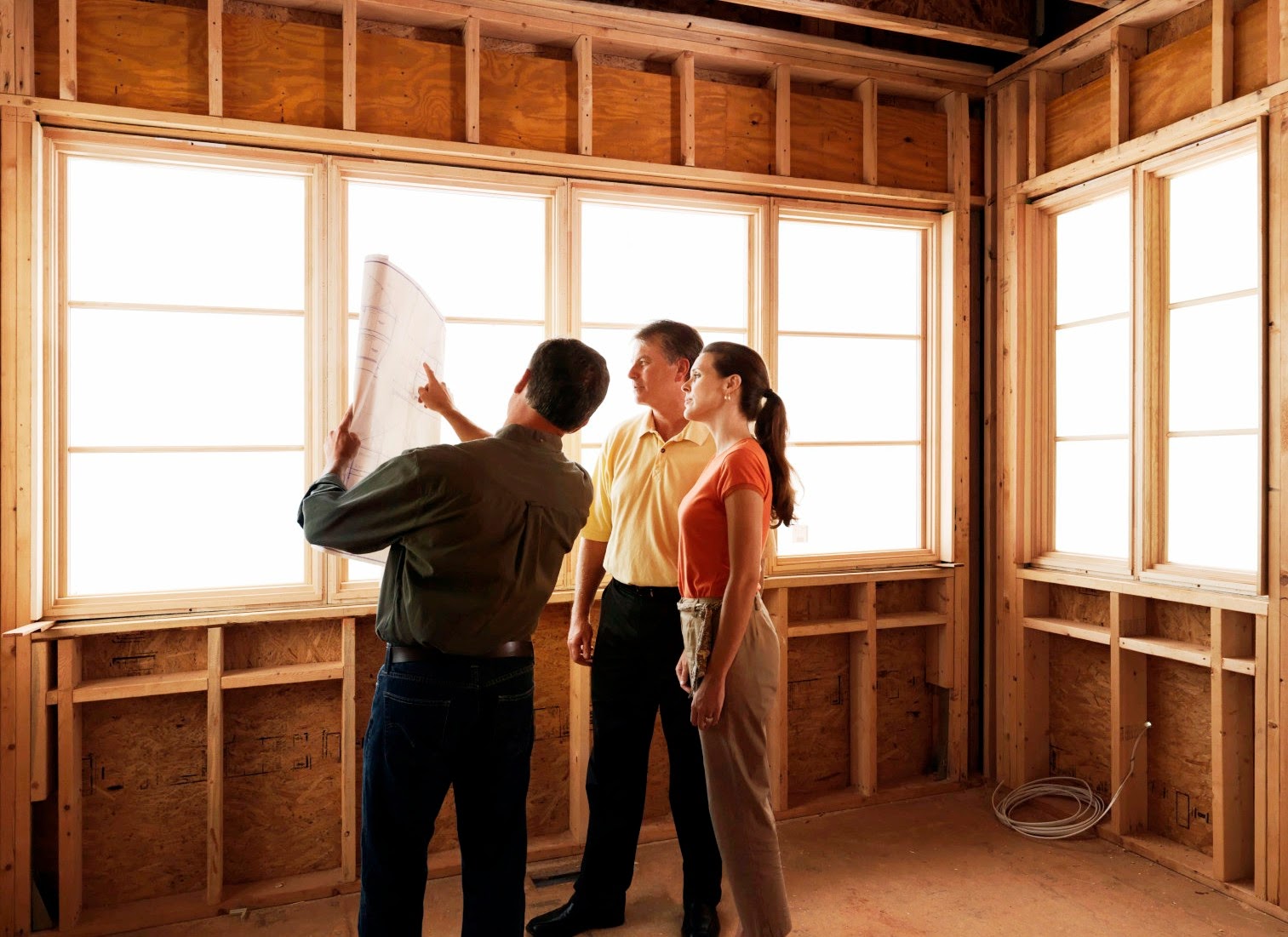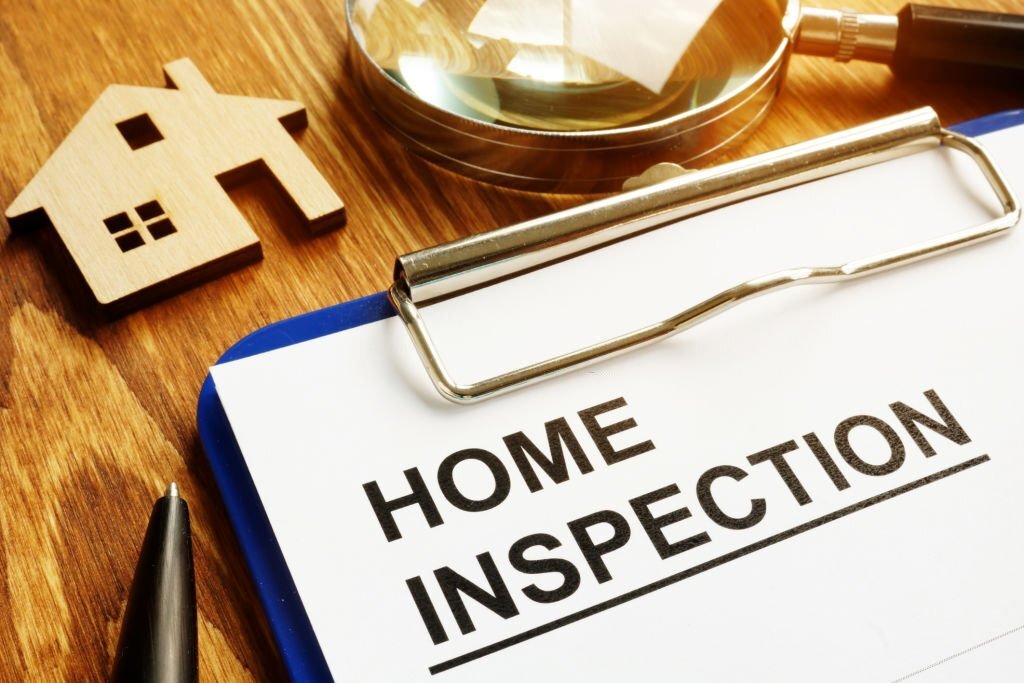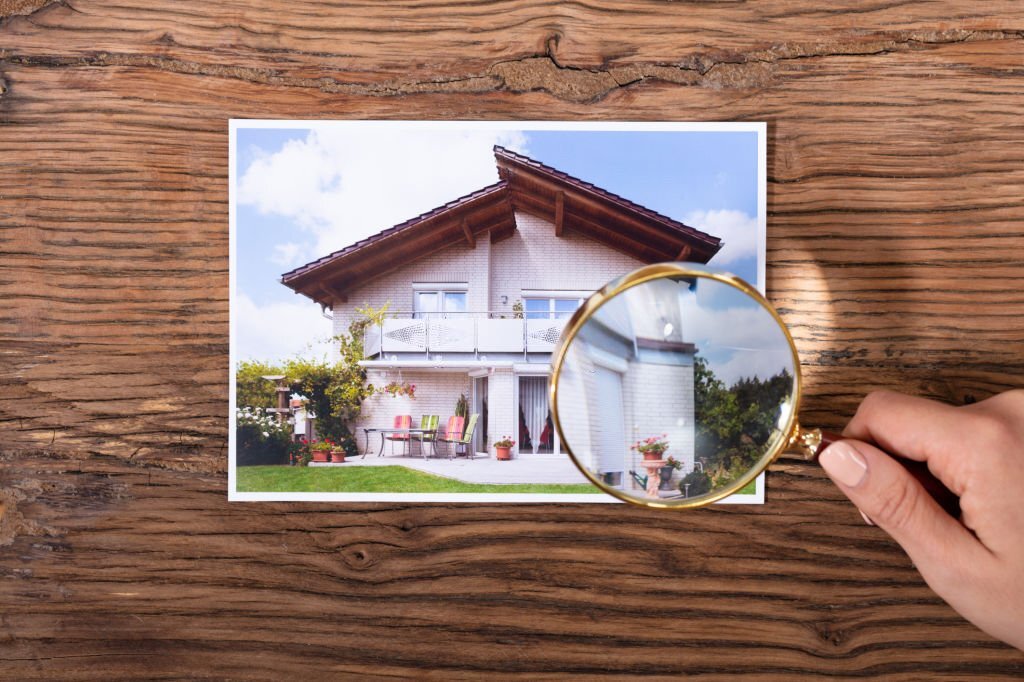Interpreting Home Inspection Reports in Jacksonville

Introduction
Purchasing a home is one of the most important financial decisions you’ll make. Before finalizing any contract, it’s essential to have a professional home inspection performed. While the inspection results provide valuable information, interpreting all the details in a report can be overwhelming for first-time homebuyers. This guide will help you understand the key elements of a home inspection report so you can make informed decisions about your Jacksonville home purchase.
Overview of a Home Inspection
A home inspection is a detailed visual examination of the physical condition of a house and its systems and components. Specifically, a licensed home inspector will assess the structure, exterior, roof, plumbing, electrical, heating and cooling systems, ventilation, insulation, walls, ceilings, floors, windows, doors and more. Moreover, the inspector looks at the home as a whole and examines how all the parts and systems work together. For example, they will check that the electrical system can handle the demands from the heating and cooling systems. Overall, the goal of a home inspection is to provide a comprehensive evaluation of the current quality and safety of the home. Ultimately, this helps identify any issues or problems that need to be addressed..
The inspection provides an objective, unbiased evaluation of the current condition of the home. The inspection report summarizes the findings and identifies any material defects, safety hazards or adverse conditions. As the buyer, this information helps you determine if additional negotiations, repairs or further professional evaluations are needed.
What’s Included in an Inspection Report
Typical Home Inspector in Jacksonville FL are keen and their report follows a standard format outlining the inspector’s observations room-by-room from top to bottom. The report includes:
Summary Page
This provides a condensed overview of the inspection findings, including any critical repair needs or safety issues.
Structural System
This section examines the foundation, framing, floors and walls for signs of settling, cracks or structural damage.
Exterior
The inspection will note the condition of the roof, gutters, siding, windows, doors, decks and other exterior components.
Plumbing
This covers functionality of water supply and drainage systems, fixtures, faucets, water pressure and signs of leaks.
Electrical
The report will indicate if the amperage is sufficient, circuits are functioning and if there are any exposed wires or safety hazards.
Heating and Cooling
Age, type and performance of HVAC systems will be noted along with the condition of venting and insulation.
Interior
The inspector will identify any issues with walls, ceilings, floors, windows, doors, cabinetry and built-in appliances if present.
Ventilation/Insulation
Attic ventilation, exhaust fans, insulation type and levels will be inspected.
Fireplaces
The type, venting and overall condition will be examined to identify any safety concerns.
Pest Inspection
If ordered, results of the termite and pest inspection will be included.
Safety Concerns
This section highlights any urgent critical repairs or potential hazards.
Marginal to Poor Conditions
System components, materials or areas in disrepair will be called out.
Maintenance Advice
Tips for improving energy efficiency, extending system/component life and recommended upgrades may be offered.
Key Elements to Understand in the Report
These are some of the most important aspects of the inspection report for buyers to analyze:
Roof Condition
This is one of the most expensive replacements, so its age, material and defects should be noted. Look for curling shingles, damaged flashing and leakage evidence.
Foundation Issues
Cracks in concrete or settling can signal structural problems and water intrusion that should be addressed.
Plumbing Leaks
Even small leaks can lead to mold growth and deterioration. Identify all plumbing defects.
Electrical Safety
Exposed wiring, overloaded circuits and insufficient amperage create fire hazards.
HVAC Operation
Ideally heating and cooling systems should be fairly new or serviced yearly. Units at the end of their lifespan will need replacing soon.
Ventilation Concerns
Lack of exhaust fans in baths and moisture in the attic can cause extensive damage.
Pest Infestation
Termites and other pests can severely compromise the structure integrity. Treatment and repairs are expensive.
Significant Safety Hazards
While most inspection findings are repair based, some critical hazards should be corrected before move-in. These include:
- Exposed electrical wiring
- Leaking gas fittings
- Carbon monoxide leaks
- Damaged/faulty plumbing lines
- Asbestos materials
- Lead paint
- Pest infestation
- Structural damage to foundation
If the sellers are unwilling to address these concerns, you may want to consult an attorney and reconsider the purchase.
Negotiating Repairs with the Sellers
Use caution when requesting repairs from the seller. Inspections noting only minor defects or standard maintenance may not warrant re-negotiating the contract. Concentrate requests on larger expenses and immediate safety concerns. Offer to split costs or consider credits. Sellers are more likely to accommodate reasonable repair requests.
When to Bring in Other Professionals
While home inspectors provide a valuable assessment, they are generalists. Certain findings may require specialized assessments:
- Roof leaks – Ask a roofer to evaluate condition.
- Foundation cracks – A structural engineer can determine severity.
- mold growth – A mold specialist should sample for toxicity.
- Fireplace/chimney issues – Consult a fireplace/chimney expert.
- HVAC operation – An HVAC company can troubleshoot issues.
- Vermiculite insulation – Testing for asbestos may be needed.
Questions to Ask Your Inspector
Your home inspector should review the report with you in-person after the inspection. During this debriefing, be sure to ask:
- What are the most urgent or costly repairs?
- What deficiencies could become worse over time?
- How old is the roof and when will replacement likely be needed?
- Are the issues cosmetic only or will they require major repairs?
- Could any findings represent a safety hazard if not addressed?
- Were there any areas that you were unable to access?
Sample Report Summary for a Jacksonville Home
Note: This sample summary is provided for reference only and does not represent an actual inspection report.
Summary
Two story 3 bedroom, 2.5 bath house. Approximate 2250 square feet with attached 2 car garage built in 2005. Overall house appears to be in average condition for its age, with a few exceptions noted below.
Major Concerns
- Evidence of roof leakage around kitchen skylight. Flashing could be repaired but recommended full skylight replacement due to age. Estimated around $2000.
- Small area of mold growth on back bedroom ceiling adjacent to bathroom. Cause appears to be from plumbing leak. Plumbing leak should be repaired first then mold remediation performed. Total cost around $500.
- HVAC unit is original 2005 model. Past life expectancy. Recommend budgeting for replacement soon.
Potential Safety Hazards
- Open grounds noted in several outlets throughout house. Recommend repair by licensed electrician to prevent shock/fire hazard.
- Smoke detectors chirping. Need new batteries or replacement units.
Marginal to Poor Conditions
- Several cracked windows noted. Largest is 2 ft vertical crack in upstairs bedroom.
- Moderate water staining on garage ceiling. No active leak at this time.
- Multiple gaps and holes in siding could allow pest entry. Need sealing.
Conclusion
Overall house inspection shows a house in need of several repairs and upgrades, but no major defects or structural concerns noted. Most aging elements can be remedied with general maintenance and renovations over time. Recommended repairs are mainly for safety, cosmetic, and future cost savings on major components like the roof and HVAC system. Further evaluation of skylight and mold growth should be performed by qualified professionals. With repairs, home should provide years of enjoyment and increased property value.
Final Thoughts
Inspection reports may seem long and overwhelming at first glance. But taking the time to thoroughly understand the findings will give you valuable insight into the true condition of the property. Identifying defects upfront prevents unexpected costs and headaches down the road. Use the recommendations to make an informed decision on how best to proceed with your Jacksonville home purchase. With proper maintenance and future upgrades when needed, your new home will be a place to enjoy for years to come.



